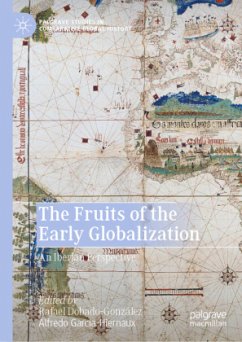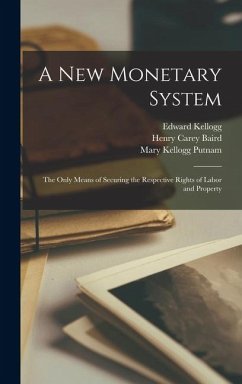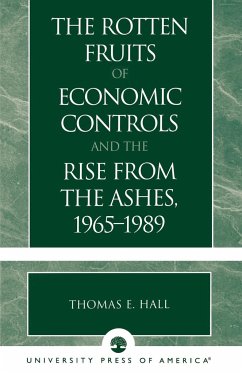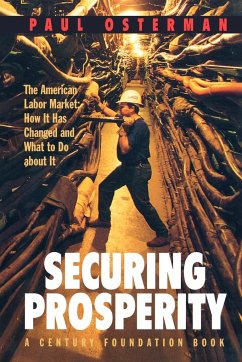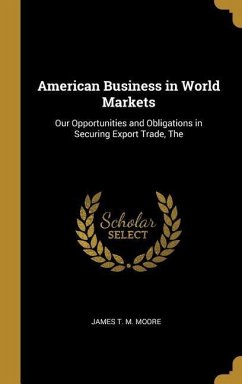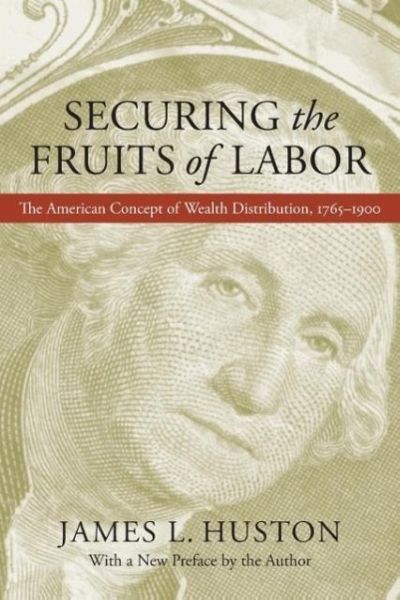
Securing the Fruits of Labor
Versandkostenfrei!
Versandfertig in 1-2 Wochen
42,99 €
inkl. MwSt.

PAYBACK Punkte
21 °P sammeln!
In his comprehensive study of the economic ideology of the early republic, James L. Huston argues that Americans developed economic attitudes during the Revolutionary period that remained virtually unchanged until the close of the nineteenth century. Viewing Europe's aristocratic system, early Americans believed that the survival of their new republic depended on a fair distribution of wealth, brought about through political and economic equality. The concepts of wealth distribution formulated in the Revolutionary period informed works on nineteenth-century political economy and shaped the ide...
In his comprehensive study of the economic ideology of the early republic, James L. Huston argues that Americans developed economic attitudes during the Revolutionary period that remained virtually unchanged until the close of the nineteenth century. Viewing Europe's aristocratic system, early Americans believed that the survival of their new republic depended on a fair distribution of wealth, brought about through political and economic equality. The concepts of wealth distribution formulated in the Revolutionary period informed works on nineteenth-century political economy and shaped the ideology of political parties. Huston reveals how these ideas influenced debates over reform, working-class agitation, political participation, territorial expansion, banking, tariffs, slavery, public land disposition, and corporate industrialism. Securing the Fruits of Labor is a masterful study of American beliefs about wealth distribution over one and a half centuries.



